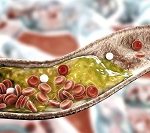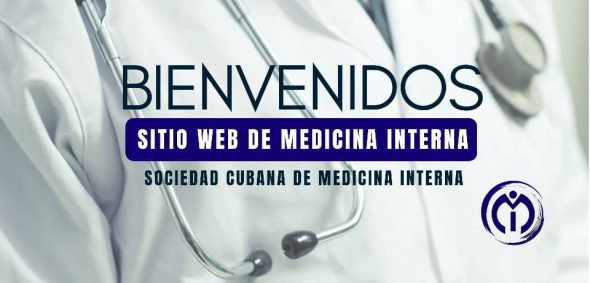Abstract: Both genetic and lifestyle factors contribute to individual-level risk of coronary artery disease. The extent to which increased genetic risk can be offset by a healthy lifestyle is unknown. METHODS: Using a polygenic score of DNA sequence polymorphisms, we quantified genetic risk for coronary artery disease in three prospective cohorts – 7814 participants in the Atherosclerosis Risk in Communities (ARIC) study, 21,222 in the Women’s Genome Health Study (WGHS), and 22,389 in the Malmö Diet and Cancer Study (MDCS) – and in 4260 participants in the cross-sectional BioImage Study for whom genotype and covariate data were available. We also determined adherence to a healthy lifestyle among the participants using a scoring system consisting of four factors: no current smoking, no obesity, regular physical activity, and a healthy diet. Leer más…
 ¿La apolipoproteína B (apoB), el colesterol unido a lipoproteínas de baja densidad (LDL-C) y los triglicéridos (TG) aumentan el riesgo de enfermedad de las arterias coronarias (EAC), mortalidad por todas las causas o mortalidad por causas específicas? Y, de ser así, ¿cuáles son las formas de estas asociaciones? Leer más…
¿La apolipoproteína B (apoB), el colesterol unido a lipoproteínas de baja densidad (LDL-C) y los triglicéridos (TG) aumentan el riesgo de enfermedad de las arterias coronarias (EAC), mortalidad por todas las causas o mortalidad por causas específicas? Y, de ser así, ¿cuáles son las formas de estas asociaciones? Leer más…![]()
















DE NUESTROS LECTORES